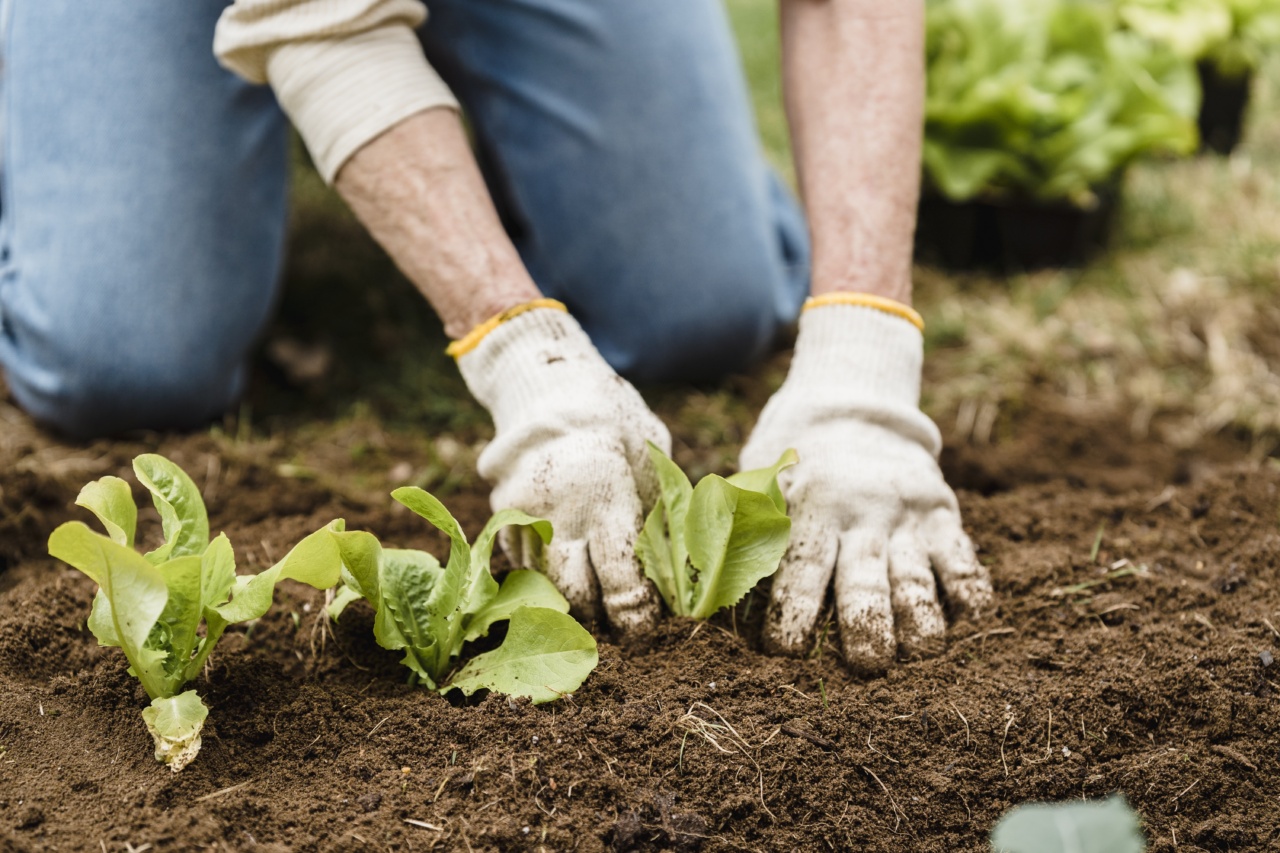We often hear about the biological clock ticking for women and how fertility declines with age.
But what exactly happens in our bodies as we grow older that makes it harder to conceive? In this article, we will explore the science behind the age-related decline in fertility and why it affects both men and women.
Female Fertility
For women, fertility peaks in their 20s and starts to decline in their 30s. This decline becomes more significant after the age of 35. The main reason for this decline is a decrease in the number and quality of eggs.
Egg Quality and Quantity
Women are born with a finite number of eggs, and as they age, the quantity starts to decrease. By the time a woman reaches her 30s, she has about 90% fewer eggs compared to when she was born. Additionally, the quality of eggs also declines as they age.
Ovarian Reserve
Ovarian reserve refers to the number of eggs a woman has at any given time. As women age, their ovarian reserve decreases. This means they have fewer eggs available for fertilization, making it more challenging to conceive.
Age-related Hormonal Changes
Another factor that affects female fertility is the age-related hormonal changes. As women get older, their hormone levels, especially follicle-stimulating hormone (FSH), start to fluctuate.
These hormonal imbalances can disrupt the ovulation process and make it harder to conceive.
Increased Risk of Chromosomal Abnormalities
With age, the risk of chromosomal abnormalities in eggs increases. These abnormalities can lead to miscarriages or genetic disorders in offspring.
The most well-known chromosomal abnormality is Down syndrome, which is more likely to occur in babies born to older mothers.
Male Fertility
While women are often associated with age-related fertility decline, men also experience a decline in fertility as they grow older.
Sperm Quality and Quantity
Similar to women, men also have a decrease in the quantity and quality of their reproductive cells. As men age, the sperm count decreases, and the motility and morphology of the sperm also decline.
This can make it more difficult for sperm to reach and fertilize an egg.
Hormonal Changes in Men
As men age, there is a gradual decline in testosterone levels. This hormonal change can affect sperm production and quality. It may also lead to erectile dysfunction, further impacting a man’s fertility.
Impact of Aging on Fertility Treatments
As fertility declines with age, it becomes more challenging for couples to conceive naturally.
Many older couples turn to fertility treatments such as in vitro fertilization (IVF) or assisted reproductive technologies (ART) to improve their chances of having a baby.
Success Rates of Assisted Reproductive Technologies
The success rates of fertility treatments also decline with age. Older women, especially those above the age of 40, have lower success rates with IVF compared to younger women. This is mainly due to the decreased quality and quantity of eggs.
Conclusion
It is important to understand the age-related decline in fertility for both men and women. While it may be challenging to conceive as we grow older, assisted reproductive technologies have provided hope for many couples.
It is recommended that individuals who are planning to have children later in life should consult fertility specialists to understand their options and potential challenges.




























